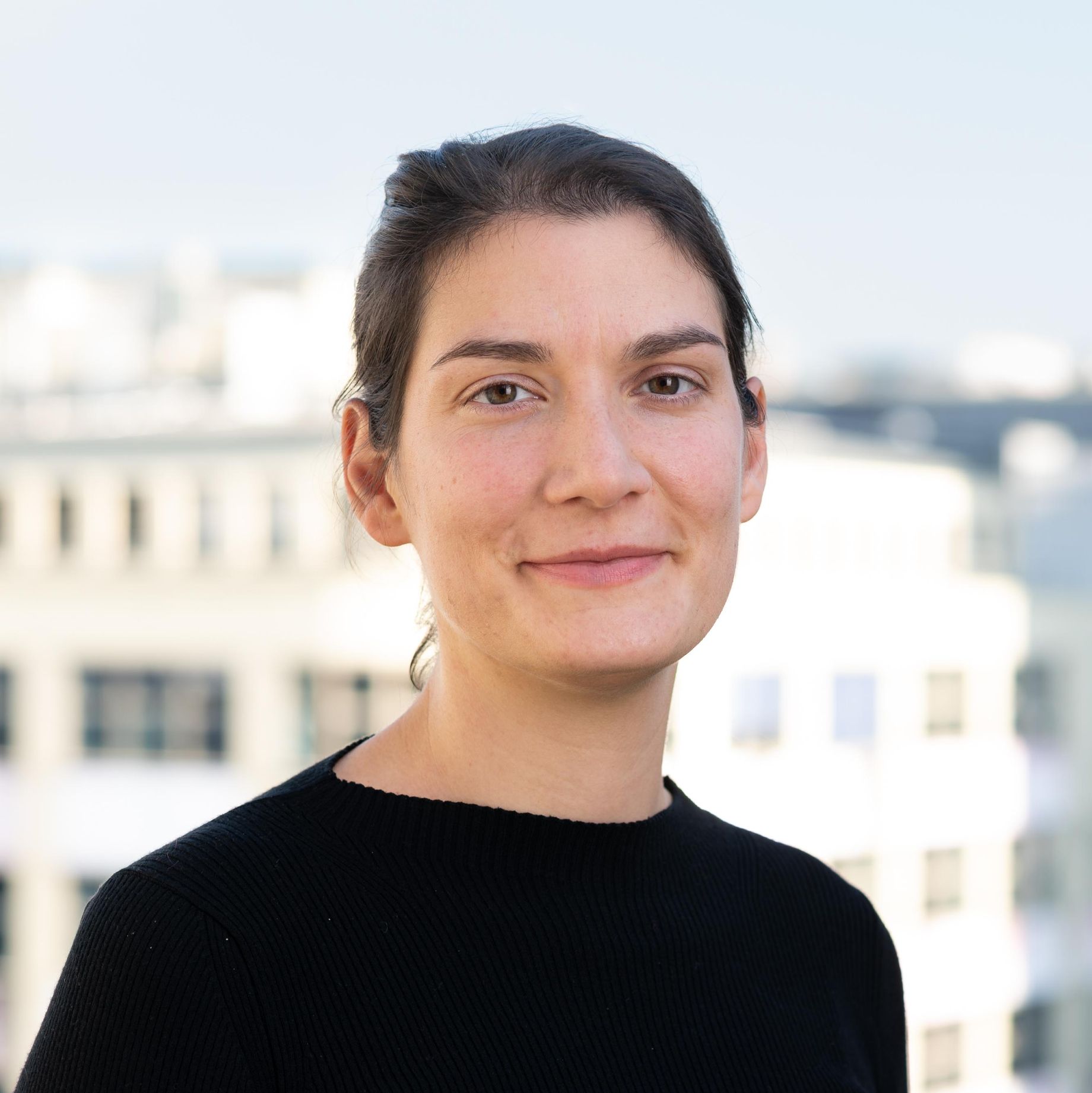Taking Rights Consciousness Seriously
Ignorance of rights, not just by right-holders but also by those facing the latter – private persons, administrations, courts – is a major obstacle to the effectiveness of these rights. This issue is directly rule-of-law-relevant: unless individuals can assert the rights that the rule of law confers on them and obtain the corresponding protection, they become excluded from the European “integration through law” project– this ultimately leads to loss of confidence in our legal system. Multilevel governance and intertwined legal sources amplify this issue in our “Union based on the principles of democracy and the rule of law”. Addressing these difficulties, the project sheds light on rights consciousness as a key component of the EU’s rule of law culture. It combines (legal, socio/psycho-legal) theoretical and normative perspectives with a review of positive law and explores three main questions. Firstly, how does the notion of rights consciousness relate with that of the rule of law? Secondly, how does EU law support the development of rights consciousness, especially by imposing obligations of fundamental/human rights diligence on public and private actors? Thirdly, how can the promotion of an EU rule of law culture support further development of a rights consciousness?




